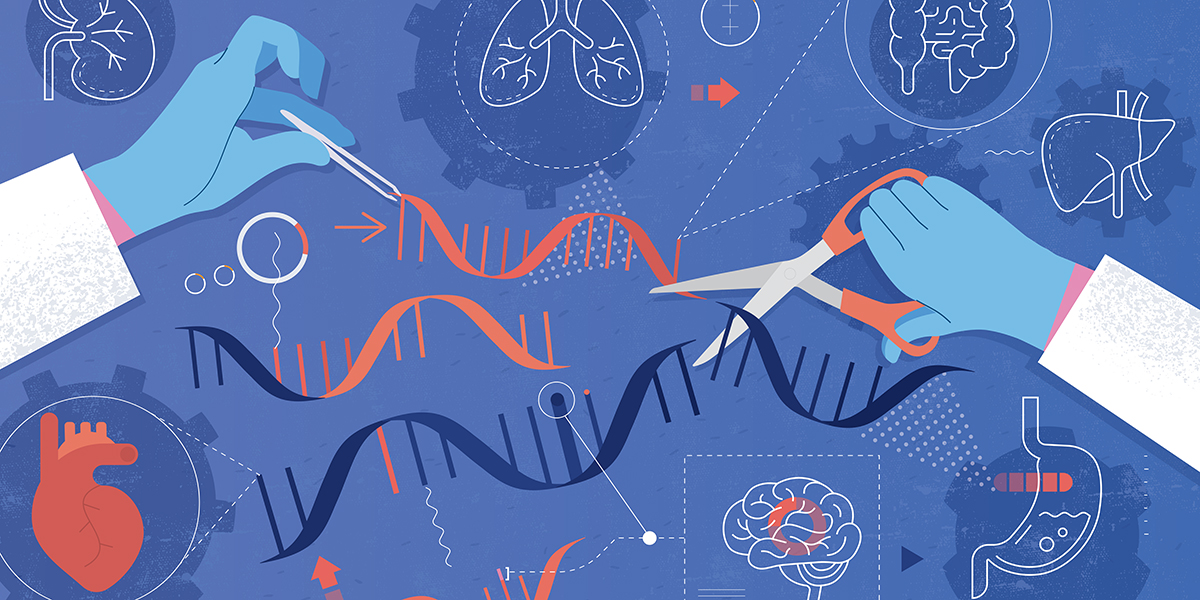Kidney disease, a condition that can lead to complications like high blood pressure and infections, has been a significant health concern worldwide. Specifically, the most common inherited form of this disease, known as Polycystic Kidney Disease (PKD), was long believed to cause irreversible damage to the body. However, recent developments in the field of gene editing have brought new hope for patients battling this condition.
Researchers have made groundbreaking progress in exploring the potential of CRISPR gene editing to address PKD at its core – by correcting the genetic mutations responsible for the disease. A series of animal studies has shown promising results, indicating that it may be possible to reverse some of the detrimental effects caused by PKD through targeted gene alterations.
Michael Kaminski from Charité – Berlin University of Medicine in Germany emphasized the significance of these findings, stating,
“It really seemed unlikely that you could change that even if you correct [the mutation]. But now it seems that the disease might be more plastic than somehow previously appreciated.”
This newfound understanding challenges previous assumptions about the irreversibility of PKD-related damage and opens up exciting possibilities for future treatment strategies.
By delving into the intricate mechanisms underlying PKD and leveraging cutting-edge gene editing technologies like CRISPR, scientists are gradually unraveling new avenues for combating this debilitating kidney disorder. The ability to modify genetic defects associated with PKD holds immense promise for transforming conventional treatment approaches and offering tailored solutions for individuals grappling with this challenging condition.
As research in gene editing continues to advance rapidly, experts anticipate further breakthroughs that could revolutionize the landscape of medical interventions for genetic diseases. The exploration of innovative therapies such as CRISPR-based treatments not only sheds light on novel therapeutic options but also underscores the transformative power of precision medicine in healthcare.
In conclusion, the evolving field of gene editing presents a beacon of hope for individuals affected by inherited kidney diseases like PKD. Through relentless scientific endeavors and pioneering discoveries, researchers are paving the way towards personalized treatments that target genetic anomalies at their source. With each milestone achieved in genetic manipulation techniques, we inch closer to a future where irreversible conditions may no longer hold sway over human health and well-being.

